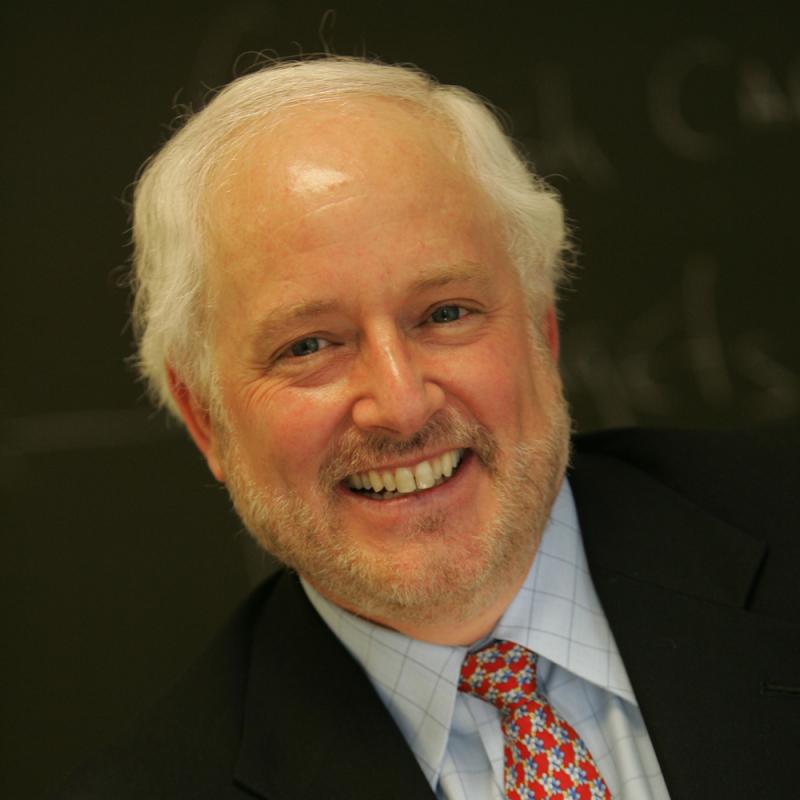Will there always be, as the author of Ecclesiastes wrote, “a time for peace and a time for
war?”
Historian Lewis Mumford, among others, has argued that warfare, as an ongoing and
necessary expression of the state, originated with the rise of urbanism in the Tigris-Euphrates
Valley, thousands of years before the Common Era. The twentieth century witnessed global,
regional, and local war on a near-continuous basis. In nearly the entirety of the first two
decades of the twenty-first century the United States has been at war in the Middle East and
involved in a global war on terrorism in several African and Asian states. The generation
that right now comprises our USC student body has never known the US not to be at war.
Under the guidance of Professor Steve Lamy, students will be encouraged to address such
questions as: is war a permanent condition in contemporary and future society? If so, then
what are the economic, social, psychological, and moral effects of living in such a continuous
state of armed conflict and, whether real or perceived, a constant state of insecurity.
Oct
11
2018
When: 5:00 PM - 6:30 PM
Where: Harman Academy
Event Type: Polymathic Pizza
Where: Harman Academy
Event Type: Polymathic Pizza
Event Details
Speaker Information
Speaker
